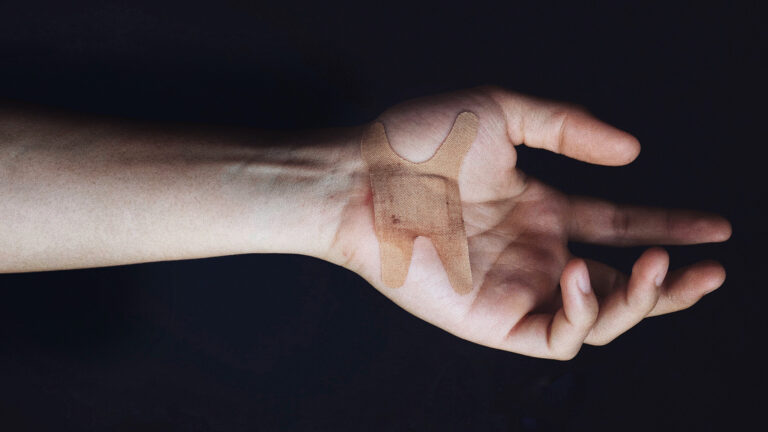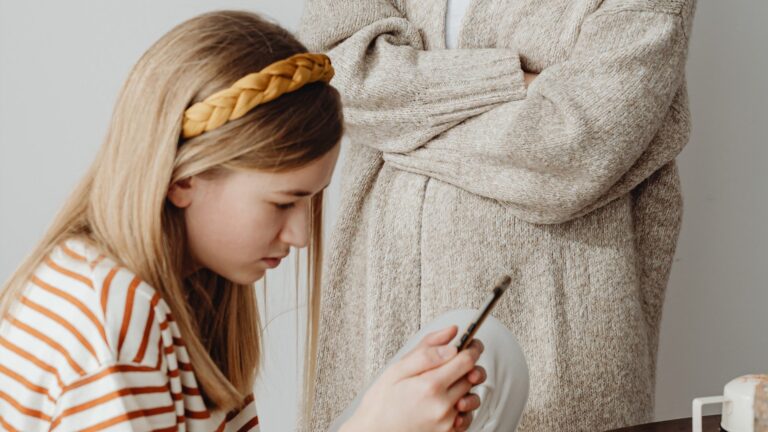Stop the endemic
I have been working with The Gifted Charity since 2015 and more recently as their Operations Manager. Unlike most roles of this nature, I’m not just in the back office writing policies and crunching numbers. More often I’m out on delivery and working in schools.
The Gifted offers a unique and rewarding role that provides valuable insight into the lives and challenges of the teenage girls we work with.
Last year we worked with over 600 young people, ages 11-25. We delivered our six-week signature Butterfly Project to 385 girls and young women. Across 21 secondary schools in East London, Enfield, Hertfordshire and Essex.
I have personally engaged with 286 vulnerable girls in school settings since September 2020.
Most of the girls referred to our programmes are in Years 7, 8 and 9. Schools recognise this is a pivotal age for intervention. Emla Fitzsimons, a co-author of the findings and director of the Millennium Cohort Study, acknowledged a sharp increase in mental health problems among girls between ages 11 and 14. (see source below)
Self-harming rising rapidly amongst teenage girls
The Gifted has a robust referral process that includes 25 vulnerability factors. I think self harming will now make number 26 on our list of vulnerabilities. We are seeing more girls who are self harming referred to our programmes. Last year we identified 38 girls/ 10%.
Statistics from pre Covid-19 (over 4 years ago) indicate one in four girls had reportedly self harmed. NHS figures show there were sharp increases. Between 2005/06 and 2015/16 in the number of girls under 18 admitted to hospital in England because they had self-harmed. This was by cutting (up 285%), poisoning (42%) or hanging themselves (331%) (see source below).
We urge schools, parents and carers to pay more attention and be alert to the signs.
Life changing work
We usually work with around 12 young women in each school workshop. The need is so high that some schools have referred as many as 18 students in one group. Or give us as many as three different year groups in one day.
People often ask why we work mainly with girls and not boys? We are working with sexual minorities and girls. As a workshop leader we build a connection with the young women we see each week and the issues relating to girls are very specific.
Our work is vital and I don’t believe it’s far fetched to say it’s life changing. The Samaritans report states, suicide rate for young females is now at its highest rate on record. (see source below).
Preventing self-harm amongst teenage girls
I appreciate that this isn’t an easy read and the statistics are alarming. It is not unusual to find our Workshop Leaders reporting a safeguarding disclosure concerning self-harming. Most recently, it’s blatantly obvious with a scar on the face or a bandage on the wrist.
Expert in child mental health at the University of Manchester, Prof Bernadka Dubicka said data from NHS Digital showed that 41% of all admissions to hospital for self-harm were teenagers (see source below). The Gifted’s Butterfly Programme is designed to be preventative and we spend three weeks exploring the topics of identity, self-esteem and resilience with girls and young women.
Links with poverty and self-harm
We know that poverty will continue to hit families hard. We work in socially deprived areas where child poverty is at its highest, with one in four children living in poverty. Dr Nihara Krause, a consultant clinical psychologist, said the findings about brighter and poorer girls were worrying, given the known links between depression and self-harm, and self-harm and risk of suicide. (See source below).
Last year 62% of the girls referred to our programmes were in receipt of free school meals.
Dr Praveetha Patalay, University College London said girls from families in the bottom two quintiles of household income were 7.5% more likely to be depressed at 14 than girls from the highest income families, but the same pattern was not found in boys. (see source below).
Self-harming and vulnerable teenage girls
Teenage girls present with multiple vulnerabilities and we can not afford to overlook the links between poverty, self-harm, suicide and depression. Some of the most academic girls are struggling emotionally, only 22% girls and young people were referred because of low education attainment. It’s important we engage these young people before they find themselves in a state of depression.
Our Parent Plug-In show every Monday, 7pm on Instagram is a light touch talk show, that will hopefully help parents and carers to be more alert to warning signs and communicate their concerns to the various support agencies, as well as the schools.
Partnering with schools to make a difference
The Gifted are keen to partner with schools by delivering The Butterfly Project and applications will open for January 2023 intakes. Improving mental health and providing appropriate support for children and young people is essential, as half of all mental health conditions start by the age of 14.
We are also looking for volunteers and Session Workers. If you want to make a difference or even stop this endemic – apply to join our team today. Full training is provided.
Contact us at info@thegifted.org.uk or call us on +44 1992 623 888 to find out more about our School Partnership Programme and becoming a Session Workers.






Sounds like very important work